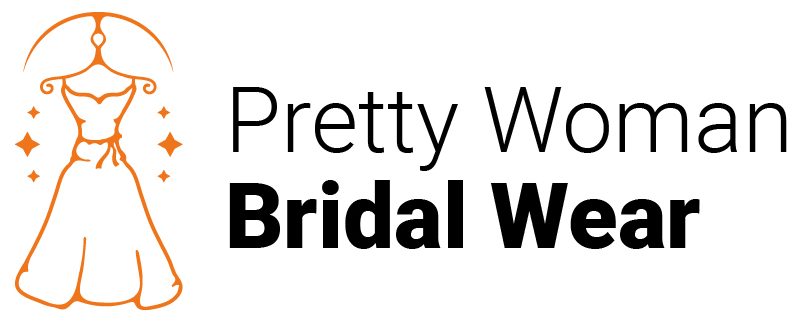While this question is, first and foremost, a matter of etiquette, one can turn to economists for a more exact answer. After all, in the past, economists have put price tags on such sacred things as human life, being law-abiding, and even having a clear conscience.
With the help of insights from psychology and neuroscience, the economic model of human decision-making is now extremely accurate. It goes beyond the basic assumption that everyone would prefer greater wealth over less and instead considers factors like altruism, justice, reciprocity, and guilt.
How exactly are these moral considerations modeled in the field of economics? In simple terms, it is that a person is believed to possess the internal “exchange rate” between some other person’s money and their own that economists call a” marginal rate of substitution” that can be used to measure the relative value of two items. The rate is influenced by many factors, including the degree of closeness between two persons’ relationships and also their financial situation (in the story of the wedding present, the guest had recently acquired some money and thought that perhaps the bride and groom were hoping to gain more due to this).
In light of this last aspect, the rate of exchange decreases when you transfer your cash to another person. The money doesn’t have to change hands in real time; however, this “passing along” of money is likely to happen in your head as you determine the value of a wedding present. Let’s say you begin with PS30. It may sound too tight, so do you increase your sum to PS40? Maybe PS50? You will likely stop looking at higher amounts when you see that the “exchange rate” between the couple’s payout and yours is less than 1. That is, up to the point where you’d rather keep a pound than give the honeymoon fund.
What is the marginal rate at which substitution is calculated?
The example above is a simple economic model that includes “other-regarding considerations.” Since we generally don’t know this “exchange rate” between one’s own and another’s money, this abstraction does not help in determining the right amount of a wedding present. The good news is that economics can also suggest two factors that can be used to determine the selected amount for a present: expectations and reciprocity.
Promises and expectations
The majority of human activity is driven by the need to satisfy expectations. This is a fact that has recently made its way into the realm of economic analysis. People are resentful when they violate an individual or social norm. From a financial perspective, the person feels guilt for causing a “payoff loss” on some other party. The guest at a wedding is likely to feel guilty should their contribution fall short of what they expected to pay. Also, a cheque for three figures for a present can make a couple uncomfortable in the way a Guardian reader stated in a debate: “I would feel incredibly awkward to receive an overly generous gift.”
What is the process of forming expectations from the beginning? One method to set aside expectations is to commit in writing or implicitly. Economic studies prove that verbally committing to contribute money to a shared fund is a significant boost in subsequent donations. This is true even if the agreement isn’t legally binding, and the commitment (and the gift) is given to an uninitiated person via an unpersonal computer interface.



